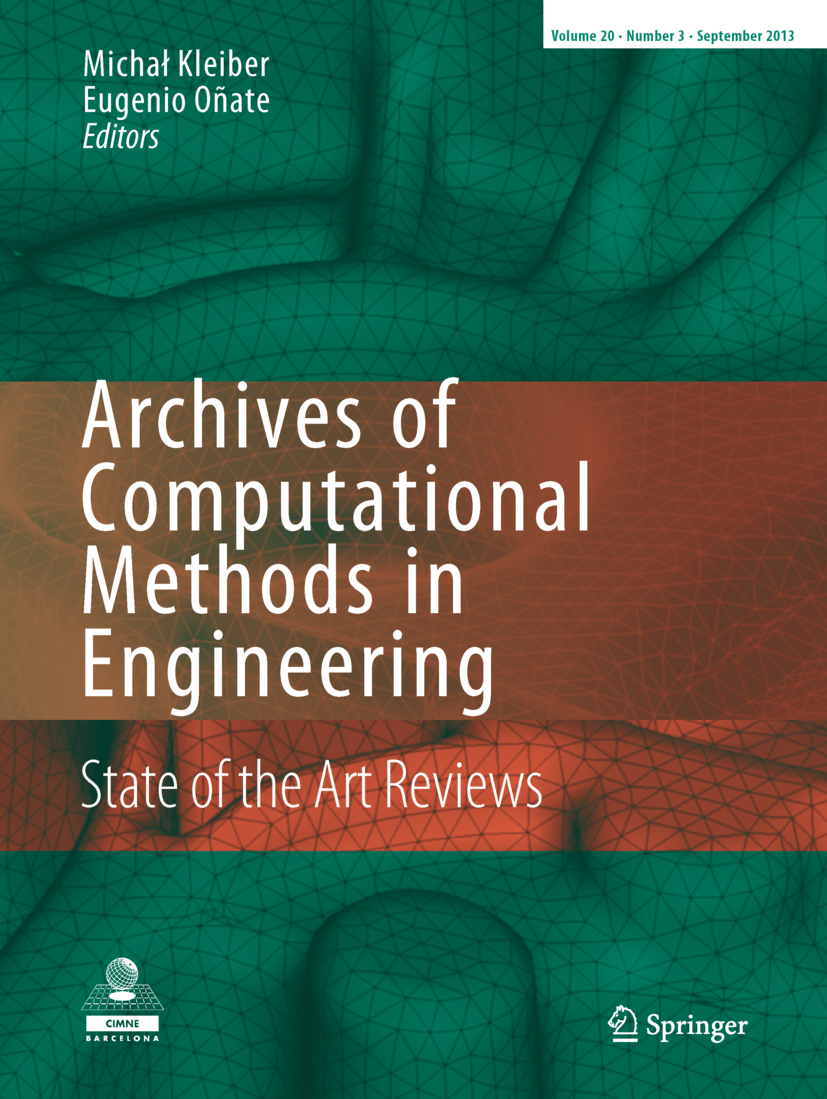Get the latest tech news
The evolution of nepotism in academia, 1088-1800
We have constructed a comprehensive database that traces the publications of father–son pairs in the premodern academic realm and examined the contribution of inherited human capital versus nepotism to occupational persistence. We find that human capital was strongly transmitted from parents to children and that nepotism declined when the misallocation of talent across professions incurred greater social costs. Specifically, nepotism was less common in fields experiencing rapid changes in the knowledge frontier, such as the sciences and within Protestant institutions. Most notably, nepotism sharply declined during the Scientific Revolution and the Enlightenment, when departures from meritocracy arguably became both increasingly inefficient and socially intolerable.
Our findings indicate that nepotism declined at times when the misallocation of talent incurred greater social costs, such as the Scientific Revolution and the Enlightenment, and in fields experiencing rapid changes in the knowledge frontier, particularly in the sciences and within Protestant institutions. Stevin “paid a lot of attention to, and expressed great concern about corruption and nepotism, two problems which current researchers have not recognized as prominent or topical in the early seventeenth-century Dutch Republic” (van Aelst, 2020). In other words, the observed distributional differences are hard to reconcile with a model of pure mean reversion à la Becker and Tomes 1979, 1986, where persistence is explained with human capital transfers but not with inherited social connections and nepotism.
Or read this on Hacker News

